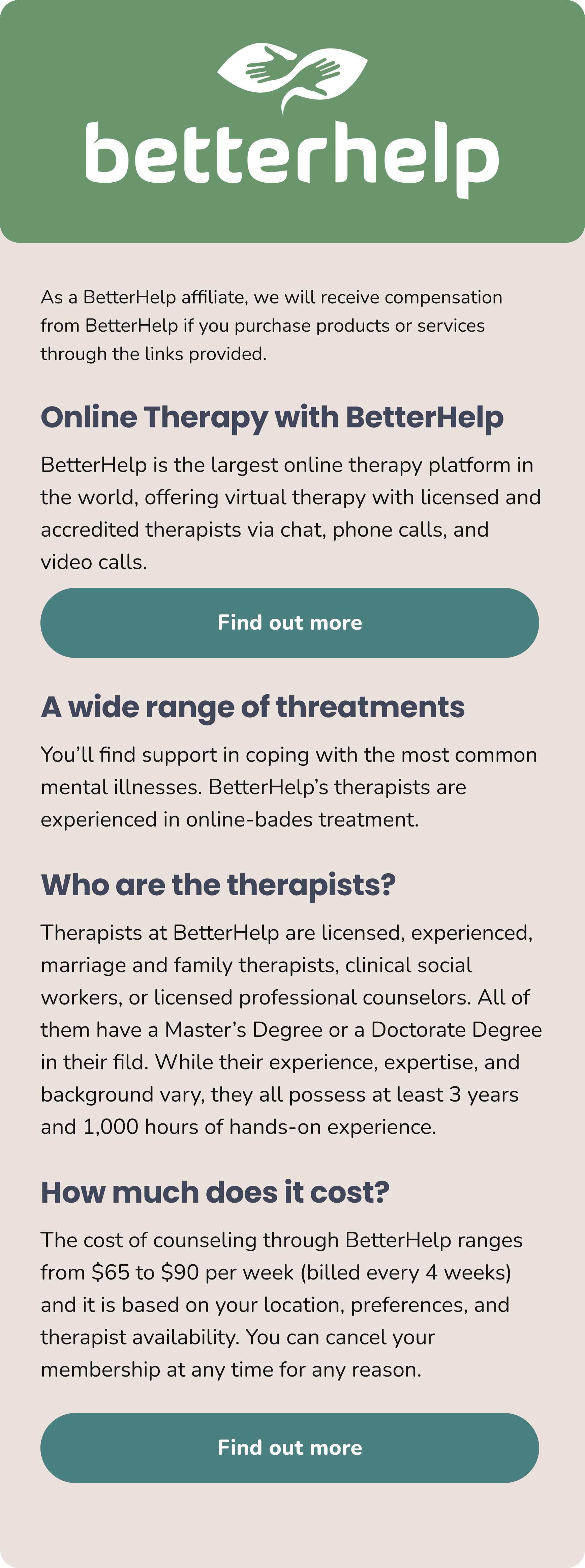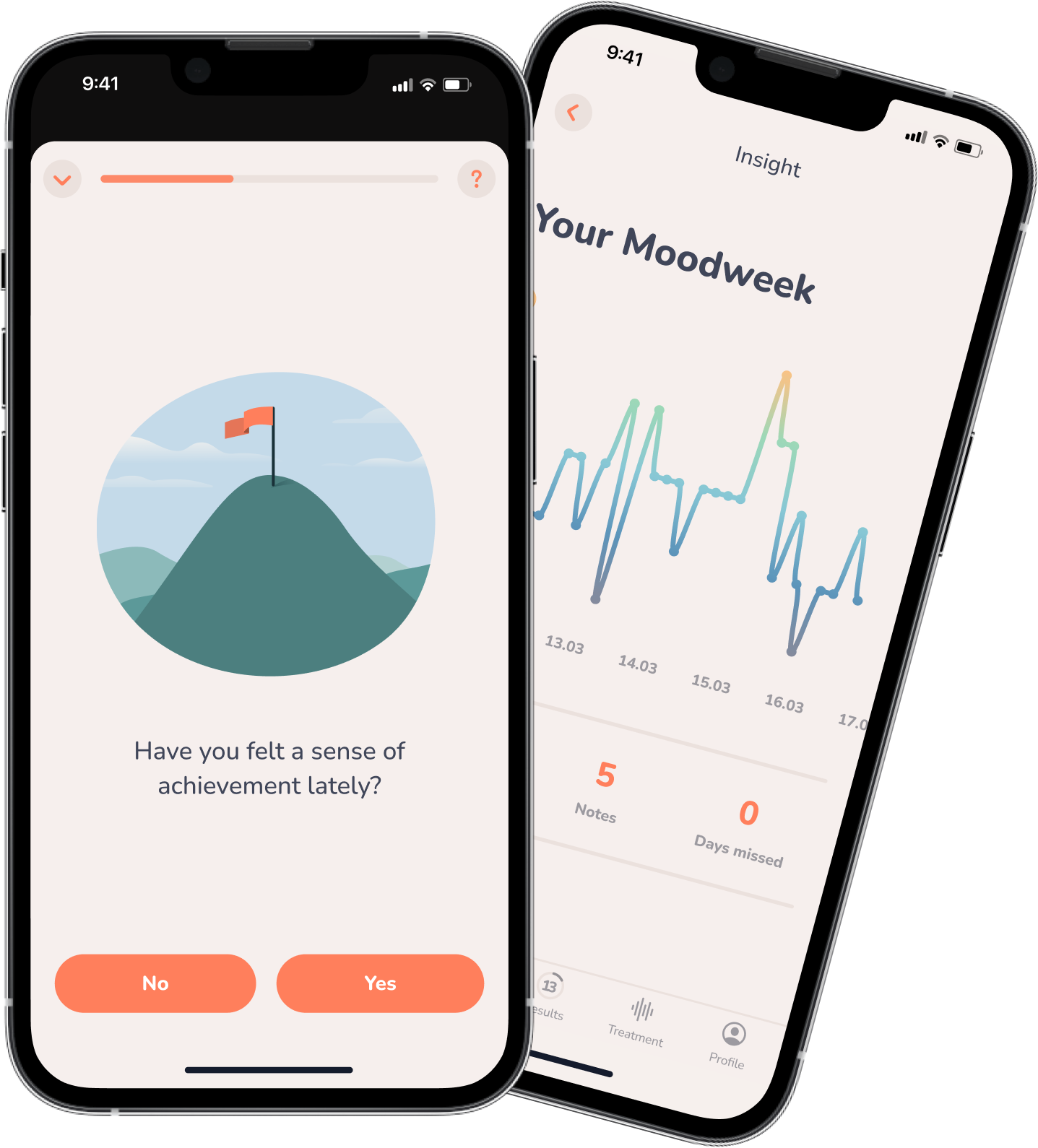Insight
Coping with Crisis in the World
Pandemics, climate change, natural disasters, wars, inflation, energy shortages—it’s no wonder so many people are struggling with world events.
While reactions to all that’s going on will vary, almost everyone is impacted, whether it’s by paying higher prices at the pump and in the grocery store, seeing images of others suffering, watching hospitalization rates rise, or experiencing something else altogether. Insecurity, fear, sadness, horror, anger, helplessness, powerlessness . . . any of these feelings are normal and understandable in the face of global happenings.

How are you feeling?
Because so many people are feeling weighed down right now, we’d like to suggest a few strategies to try. One or more might be helpful to you:
Be selective in your media consumption.
Getting real-time updates on world events is as easy as touching a few buttons on your phone. Mainstream media news is almost never good and social media and other non-official media platforms often spew out speculation and all kinds of exploitative claims and images designed to keep you engaged. Increased screen time, then, does not necessarily mean more information. Instead, it often means more worries, fears, and sadness.
Being selective about where you get your news, how frequently you check the headlines, and how long you watch can really make a big difference. Going only to established media sources is your best bet for getting reliable information. Additionally, limiting your news checks to once or twice a day is usually enough to stay informed.
When the news is particularly upsetting, taking a longer break away to allow yourself a healthy reprieve can be a wise decision as well. Some people worry that taking media breaks when others are suffering shows a lack of compassion. But does your distressed state of mind help those directly impacted? You can be aware, feel compassion, and step away when needed in order to keep yourself healthy.
Take action.
Being powerless in the face of upsetting events is one of the hardest parts of coping for many people.
Taking action, then, can help—at least a little. But how? Volunteering or engaging in political acts or events such as going to a peace or climate rally, cultivating sustainability in your daily life, donating items or money, or lending a sympathetic shoulder are just a few of the ways you can take action.
Pay attention, though. While taking action can feel good it can also bring stressful situations closer so find the balance that’s right for you.
Talk to others.
As always in difficult situations, talking to others about how you feel and what’s bothering you can be enormously helpful.
But if the conversation begins to be overwhelming, it’s also okay to disengage by walking away or changing the subject. Keep an eye on how you’re doing and take care of yourself in the ways you need.
Reach out for help.
If your fear or worry is intense or if you’re otherwise struggling with your mental health, consider seeking the help and support of a mental healthcare practitioner, if you’re not already working with someone. And, if you are feeling like you could use additional support, you’ll probably want to let them know what’s going on.
Take good care of yourself.
Even, or especially, in the face of global crisis, you are allowed to think about yourself and your mental health. Taking healthy steps to take care of yourself and provide some stability for yourself such as by eating a well-balanced diet, getting in regular exercise or movement, sleeping enough, and taking mental health breaks can really help your ability to cope.
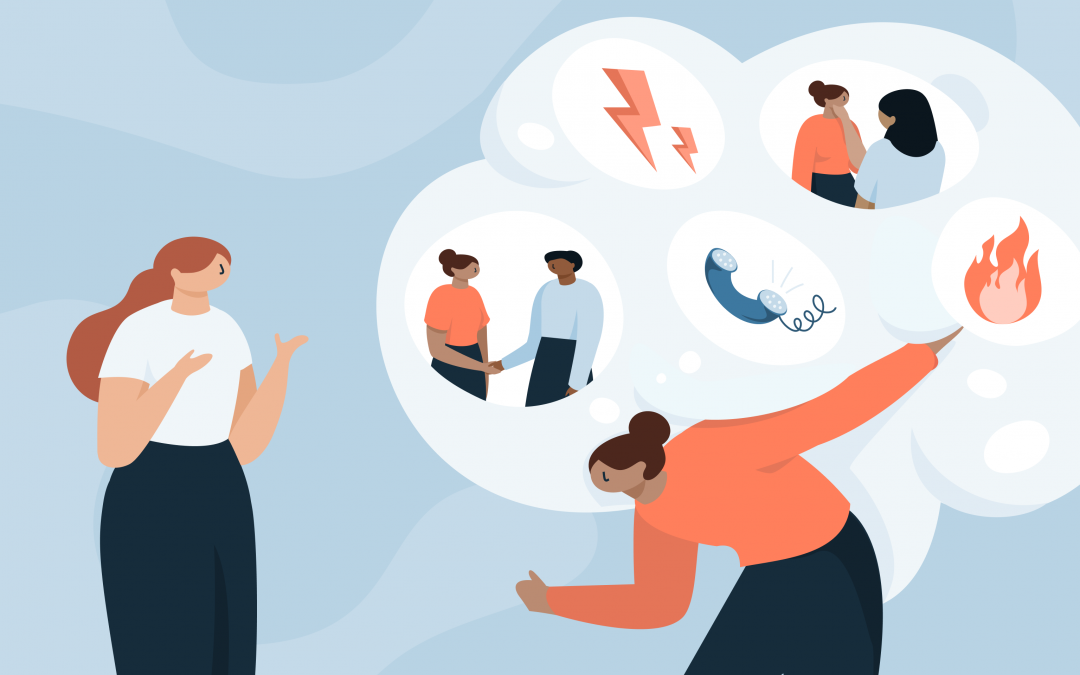
People-Pleasing — When the Fear of Rejection Becomes a Trap
Are you a person who places a high value on kindness, consideration and helpfulness? Or … maybe you tend toward what’s called “people-pleasing”?
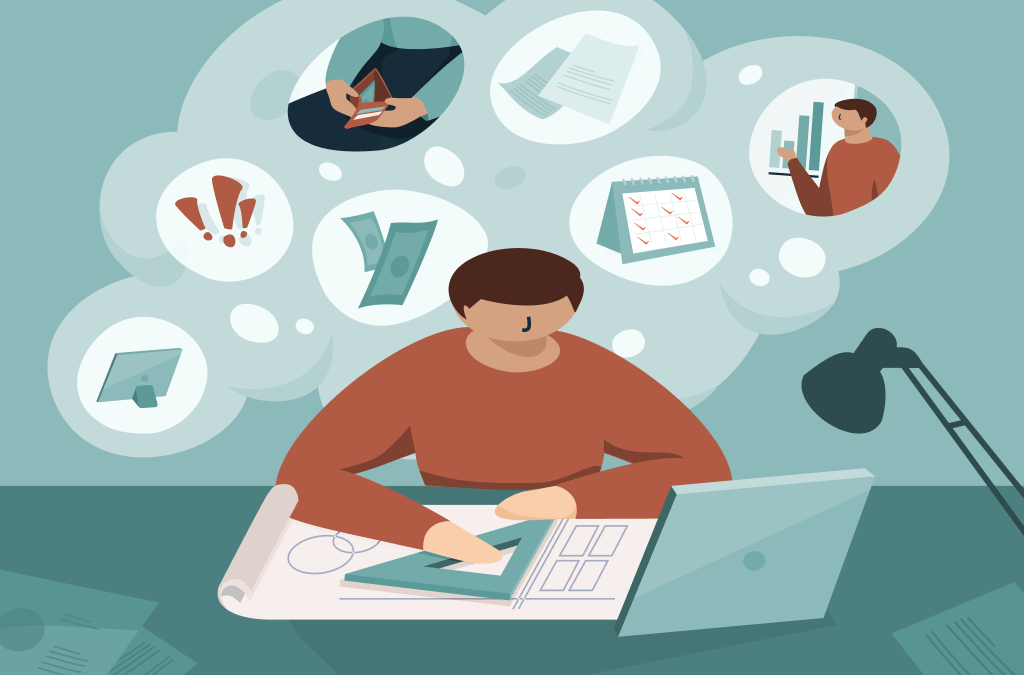
Psychological Needs in the Workplace: How to Meet Them
Deadlines, conflicts, pressure to perform—many people grapple with stressors at work. The extent to which these weigh on someone depends in large part on whether psychological needs are being met at work.
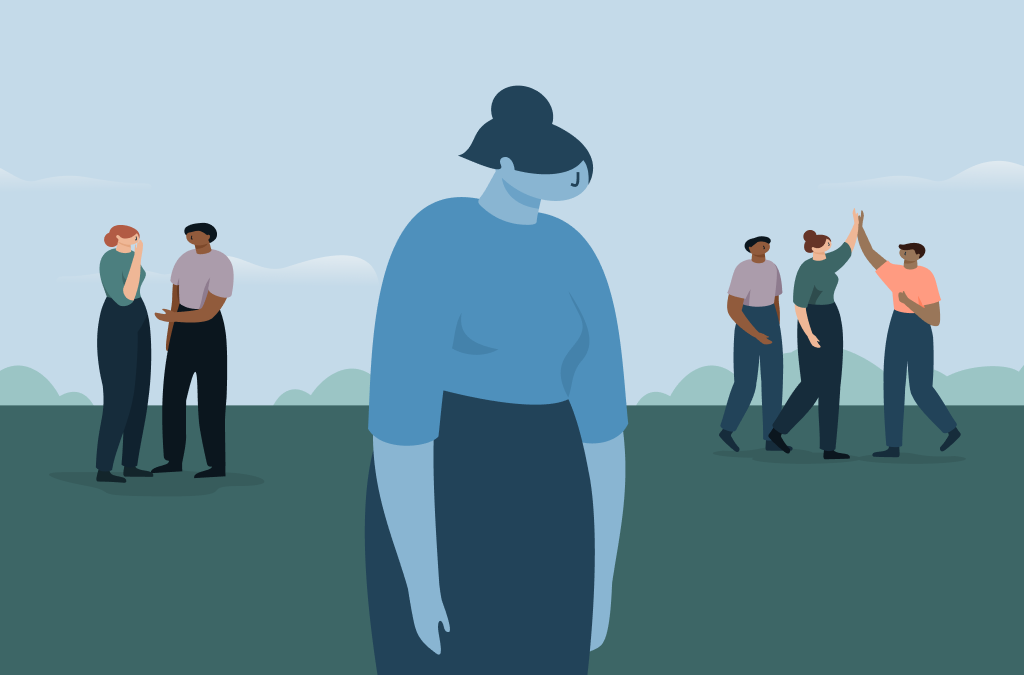
High-Functioning Depression: The Hidden Suffering
When people think of depression, usually intense sadness, low energy, social withdrawal, difficulty getting out of bed, and managing daily life come to mind. But this is not always the case.
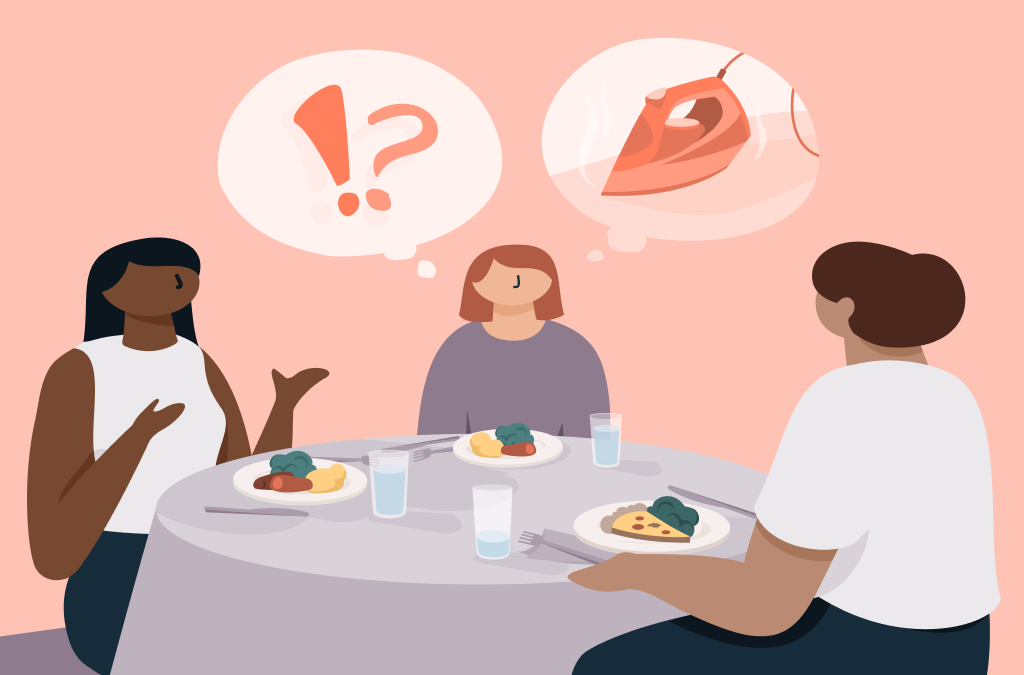
Obsessive-Compulsive Disorder: When Thoughts and Actions Become Torture
In this article, we explore what characterizes such thoughts and behaviors as well as how they can be treated.
